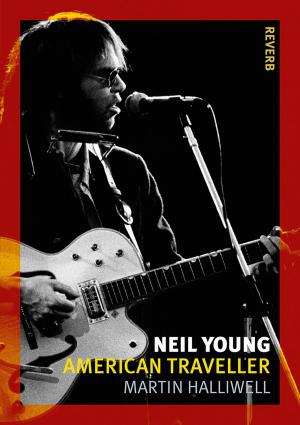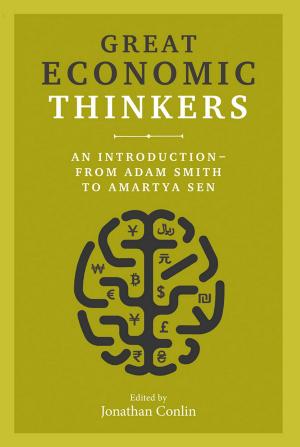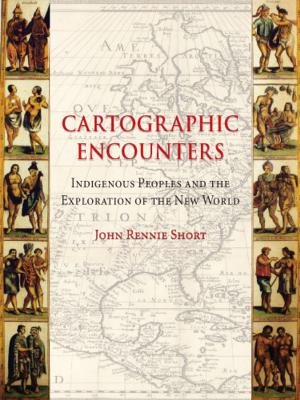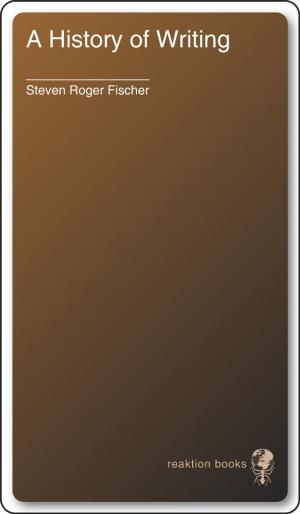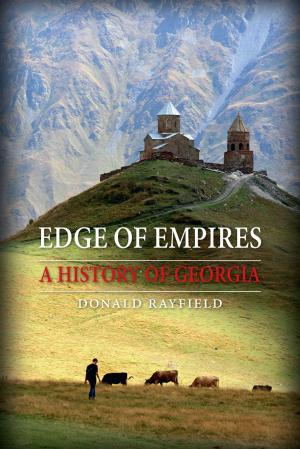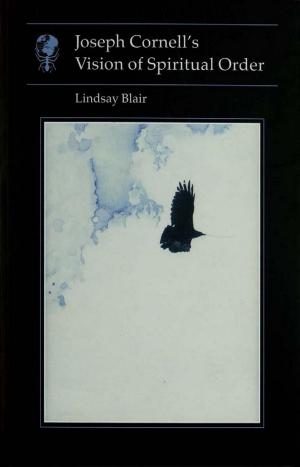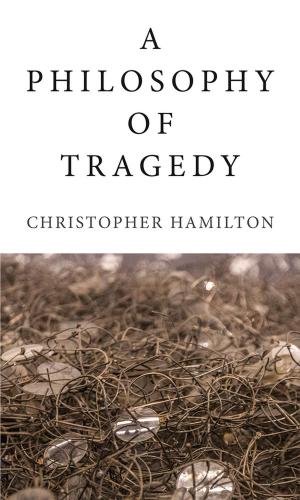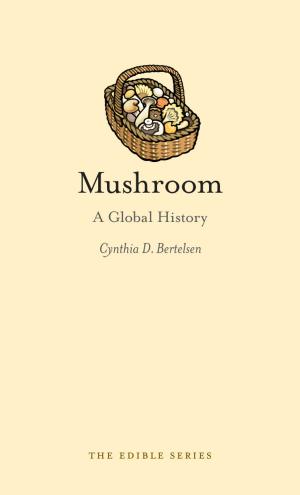| Author: | Michael Freeman | ISBN: | 9781861894465 |
| Publisher: | Reaktion Books | Publication: | January 4, 2004 |
| Imprint: | Reaktion Books | Language: | English |
| Author: | Michael Freeman |
| ISBN: | 9781861894465 |
| Publisher: | Reaktion Books |
| Publication: | January 4, 2004 |
| Imprint: | Reaktion Books |
| Language: | English |
Cambodia has a long and rich history, first becoming an artistic and religious power in Southeast Asia in the Angkor period (802–1432), when its kings ruled from vast temple complexes at Angkor Wat and Angkor Thom. The cultural influence of Cambodia on other countries in the region has been enormous, quite out of keeping with its reduced territory and limited political and economic power today.
In Cambodia, writer and photographer Michael Freeman examines the country’s present troubled situation in the light of its political and cultural history, looking at many aspects of modern Cambodia, including the psychological effect of the outrages of Pol Pot, and how Angkor Wat has become an icon and symbol for its tourist and heritage industry. In the process he relates personal stories and anecdotes from Cambodia’s recent and more ancient history, such as royal white elephants and buffalo sacrifices in villages; how spiders are cooked and eaten; and the incidence of cannibalism in Cambodian warfare. Cambodia is sometimes shocking, often humorous, and always entertaining, and will give the reader a new insight into the history of this maltreated yet fascinating country.
Cambodia has a long and rich history, first becoming an artistic and religious power in Southeast Asia in the Angkor period (802–1432), when its kings ruled from vast temple complexes at Angkor Wat and Angkor Thom. The cultural influence of Cambodia on other countries in the region has been enormous, quite out of keeping with its reduced territory and limited political and economic power today.
In Cambodia, writer and photographer Michael Freeman examines the country’s present troubled situation in the light of its political and cultural history, looking at many aspects of modern Cambodia, including the psychological effect of the outrages of Pol Pot, and how Angkor Wat has become an icon and symbol for its tourist and heritage industry. In the process he relates personal stories and anecdotes from Cambodia’s recent and more ancient history, such as royal white elephants and buffalo sacrifices in villages; how spiders are cooked and eaten; and the incidence of cannibalism in Cambodian warfare. Cambodia is sometimes shocking, often humorous, and always entertaining, and will give the reader a new insight into the history of this maltreated yet fascinating country.


